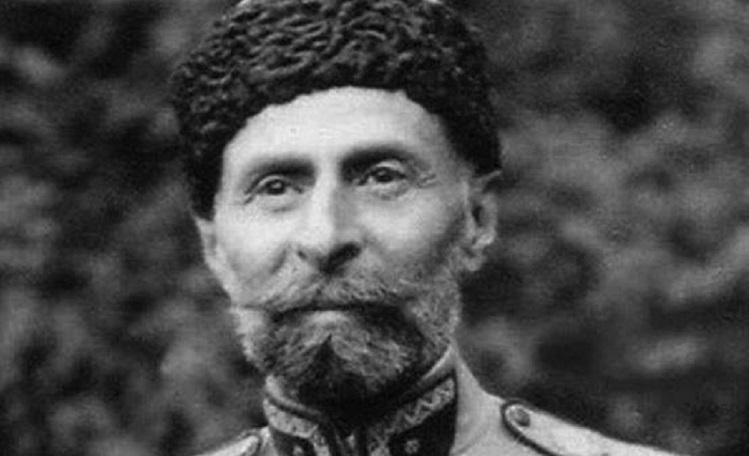Tbilisi: Prime Minister of Georgia, Irakli Garibashvili celebrated the birth anniversary of the national hero Giorgi Kvinitadze, the commander in chief of the army of the First Democratic Republic of Georgia. Irakli said that the commander is our national hero and his name will continue to live on forever in the Georgian history and the hearts of each and every Georgian in the future.
Garibashvili had marked the 148th birth anniversary of Giorgi. He had received the title of the ‘National Hero’,back in 2013. PM hailed him by calling the general as ‘fighter dedicated to the freedom of his mother land and an exceptionally outstanding political and military leader.
Girogi was considered as ‘one of the creators of modern Georgian army’, the leader who believed in freedom of his country despite being forced to live in an exile in a suburb of a Paris after the country was invaded by the Soviet’. Bringing his remains back to his homeland , last year, was such a great honour, said PM Irakli .
There is no bullet that could ever kill me, because my roots are in the country that was killed and did not die” – these are the words of Giorgi; the words that embody the idea of immortality of Georgia and its freedom, said Garibashvili.
About Giorgi Kvinitadze
Girogi was born in 1874 in family of a colonel. He completed his military education from Tbilisi and St. Petesburg. Soon after this , he joined the Imperial Russian Army in 1894. He got promoted to the service during the campaigns against Japan during the time of World War 1. Kvinitadze was the major general when he became the Commander in Chief of the First Democratic Republic of Georgia in 1918.
Kvinitadze became the leader of armed forces for over three years of independence of the country. He had defended a military school, founded by him from the Bolshevik assault.
While he served as Commander in chief of army, he was forced to live in exile in Paris after successful occupation of Tbilisi in 1921. He passed away at Chatou suburbs of Paris in 1970 and was buried there only before his remains had been brought back to his homeland.



